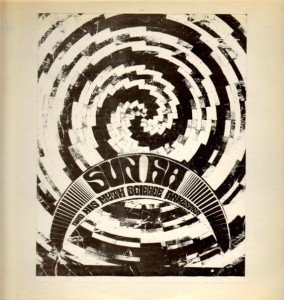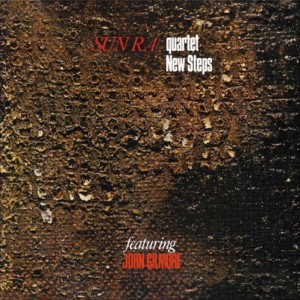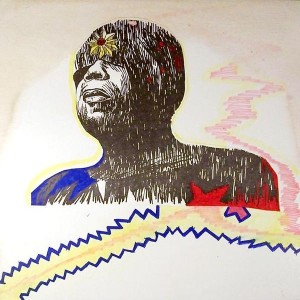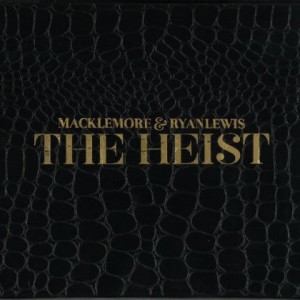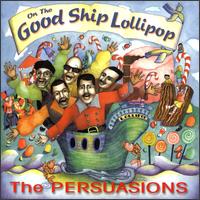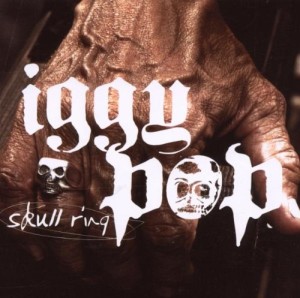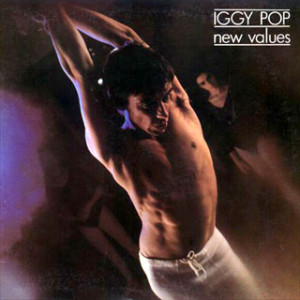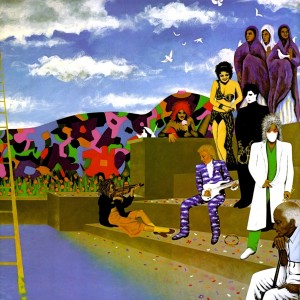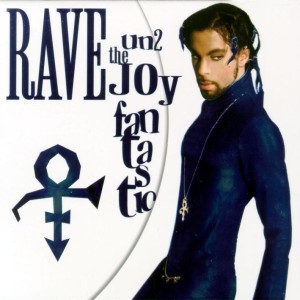
Macklemore & Ryan Lewis – The Heist (2012)
My first encounter with Macklemore was when he appeared on the “Saturday Night Live” TV show. I thought, “Who is this Vanilla Ice motherfucker?” I was not impressed with his performance. At some point I heard “Same Love” on the radio, and thought it was local group Atmosphere. I loved that song. Eventually, I put two and two together and realized the song on the radio was actually Macklemore.
His breakthrough and success is quite fascinating. He and Ryan Lewis have put out what is arguably the most successful independently-released album in U.S. history (though the duo did hire a mainstream company to do promotion, after the album met with initial success). Although it is hard to assess such things, some try. One of the most well-known music sales charts (I’ll let it go nameless, but you know it) changed its method of calculation shortly before the release of this album, which as much as anything allowed independent artists like Macklemore to sneak onto the “charts” and thereby gain credibility in the eyes of the establishment that ignores other measures.
There are a lot of detractors out there though. My take is that they fall into two main camps. The first are part of the deeply conservative core of hip-hop audiences. The sound here is a little more melodic than certain hip-hop and is therefore dismissed by the reductionist essentialists that seem to be helping ensure the genre dies out. Forget them, though. There’s good stuff here, even if The Heist has only about an EP worth of good stuff and a fair amount of filler. The second camp is more insidious. These folks cling to the failed doctrines of identity politics, which posits that minorities and the oppressed should claim their own personas, and essentially guilt the majority into accepting minority power over the majority on the basis of the strength of their personas. In simpler terms, this is the foundation of the “politically correct” movement. It fails, largely, because those in power, or their lackeys, often act like borderline sociopaths — they have no guilt. That, plus identity politics tends to be neutralized by tokenism, something as simple as hiring a minority (“sellout”) to be the lackey. This camp thinks Macklemore shouldn’t be speaking for the LGBT community, or whatever, because he’s not speaking from within it. This sort of view fails because it contradicts itself — if minorities can only speak for themselves because the majority doesn’t understand them, then the majority doesn’t understand them and the “authentic” minority representative will never be understood. It is why Johnny Cash and Marlon Brando made effective champions of Native American causes decades ago (surpassed only by the disruptive power of groups like AIM). Looking at Macklemore, he proves surprisingly articulate here with the amazing, long-overdue “Same Love”. I like to think that if somebody like Macklemore can reach out and make statements like this, in an era when in my state (in the United States) young people turn out in droves to vote down a bigoted, homophobic proposed constitutional referendum while not even bothering to vote for a presidential candidate on the same ballot (true!), I think the future looks like it has promise. Macklemore engages real issues here with compassion and a refreshingly positive attitude.
Hopefully America and the rest of the world can find more ways to make room for independent voices with something to say. The Heist makes an interesting case study of how it was possible for an instant.

